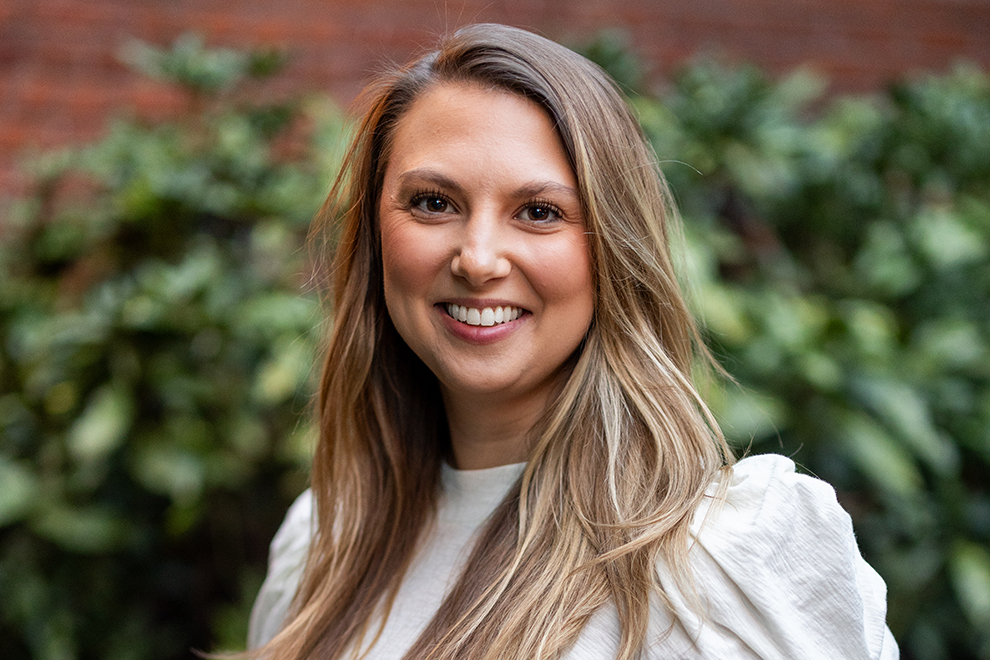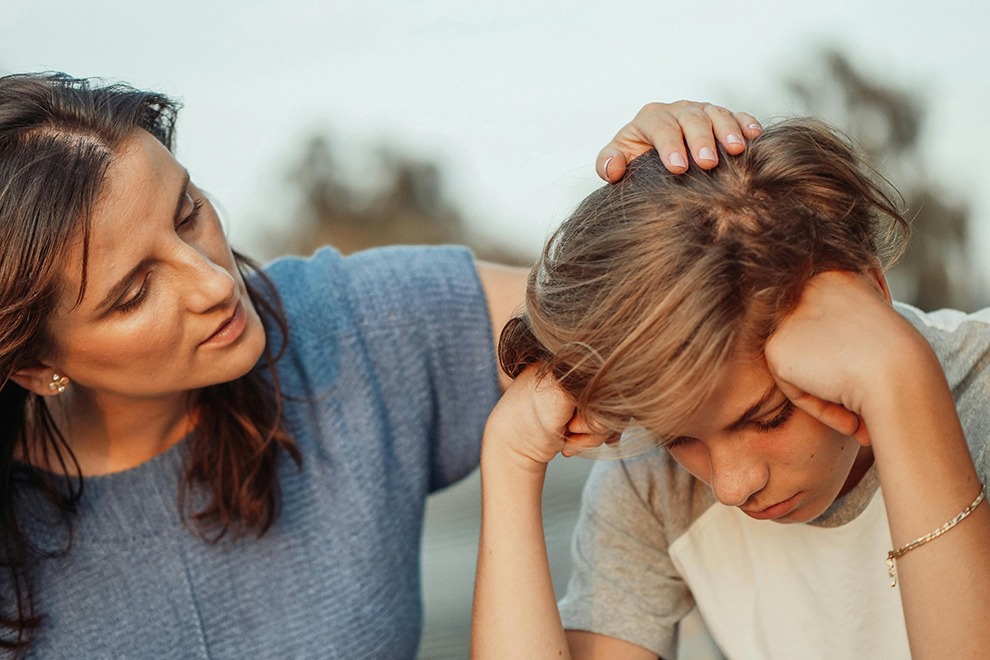The COVID-19 pandemic involves questions and uncertainty, among kids and adults alike. Here is some guidance on supporting our children – and taking care of ourselves – as we navigate this uncharted territory.
1. How do I explain to my child what is going on in the world right now? How much information is too much?
Talk openly to your children about COVID-19 and explain facts in a way they can understand based on their age, language, and developmental level. There are no right or wrong ways to do it. Older middle school and high school students can be referred directly to appropriate sources.
With younger children, it is helpful to relate the information to situations they already understand. Here’s a script: You have heard of people getting the flu. Sometimes you get a fever and cough and don’t feel well. There are some germs like the flu right now that can get some people very sick. This time, doctors are being very careful and want us to stay at home and remain well. A lot of doctors and scientists are working on ways to make sure that everyone remains safe and healthy, including children. As they are figuring out ways to keep all of us safe, we have to play our part and make sure we follow what they are telling us to do: wash our hands; when we see friends, do a hello from afar; and try to keep ourselves happy and busy. Staying at home and out of school is part of the plan to be healthy and safe.
2. What are some signs that my child may be experiencing anxiety about COVID-19? How can I help him work through it in a healthy way?
Children respond in different ways to stressful experiences like this one. Reactions may include increased irritability, sadness with crying spells, high anxiety, problems sleeping, change in appetite, return to behaviors they have outgrown, and tantrums. Kids with illnesses and history of losses and trauma are particularly vulnerable and might need extra attention and support.
Most children are resilient, and these reactions will lessen over time. If they persist and cause significant problems in their everyday life, please reach out to your pediatrician, therapist, or psychiatrist for help and appropriate referrals. If your child is in treatment for anxiety or other mental health concerns, call his therapist or doctor to get some insight as to what is normal versus excessive anxiety given what they know of your child.
Children who are normally anxious are likely to have a magnified response as they pick up other people’s anxiety. The less we know about something, the more anxious we are, so it is important to share information, but break it down to the level of your child’s understanding.
Model for children what is appropriate and calm behavior. Children pick up on your cues, so examine how anxious you are and set a good example by taking care of yourself. Create stable routines in the home, get adequate sleep, and cook healthy meals as a family. It’s also helpful to get regular exercise. This may look a little different than normal, as many gyms are closed. Try running up and down your steps at home or walking around your neighborhood and counting steps. Dancing can also be a good way to exercise and unwind. You can find many videos online. Have your child create choreographies and teach them to your family. Starting a journal or writing poetry about the experience can be another helpful way to process emotions.
3. What is the best way to manage my own anxiety when also worrying about my child’s mental health?
The first step is to recognize when your anxiety is above what is required by a situation. Anxiety can be useful at times in that it forces you to prepare. In the case of COVID-19, this preparation includes not allowing your child or your family to associate with people who are sick, instituting good hand-washing practices, teaching children how to sneeze and cough safely, and implementing physical distancing.
It’s when you ruminate and worry about things not under your control that anxiety can start to hurt you or your family. When you begin to feel anxious, ask yourself, “How is it affecting my child?” That’s usually a good point to recalibrate your response to the current situation. Ask your partner, particularly if he or she is not an anxious type, to keep an eye on you and make sure you are able to step away from parenting if your anxiety is getting out of control. Know your go-to tactics to self soothe – a brisk walk, meditation, or just taking a minute by yourself may be all you need.
Remember, kids pick up on our emotions in a heartbeat!
4. Do you have any tips for how to be reassuring for our children without being dismissive of their concerns?
Always acknowledge feelings and validate them. Let them know that it is okay to feel sad, worried, or angry about what is happening.
Statements along the lines of the following may help to ease their concerns: I know this is scary. I am here to protect you and our family. A lot of smart people are finding ways to keep our city, school, home, and family safe, and we are following their instructions. You can say things will get better, but don’t minimize the situation or make unrealistic promises.
5. What are some ways to stay positive during this time?
This is a good time to reconnect and talk with each other. Spend quality time and catch up with family, both in your home and across the country. Today’s technology allows our kids to talk to grandparents, aunts, uncles, and other loved ones without being in the same spot.
6. How important is it to stick to a routine?
Kids thrive on routines. Keep up with your regular routine as much as possible, creating a schedule for school learning, meals, relaxation, and fun activities with the family. This will help make the return to school and normal life less difficult when the time comes.
Structure your days to include a variety of predictable activities including: reading, coloring, chatting with friends over FaceTime, exploring around your home or yard, playing board games, working on puzzles, and playing online games with friends, like chess or backgammon.
7. Do you think limiting screen time (especially media exposure) is important during this time? Or is it more important for kids to know what is going on?
I recommend reducing exposure to news – perhaps checking in once a day to keep updated. The news may contain sensational, incorrect, or misleading information which can increase anxiety. That anxiety trickles down to children. Choose a reliable source for your updates, such as the Centers for Disease Control and Prevention. If your children are watching television, accessing social media, or reading news online, make sure you are present and available to clarify the information they receive.
It’s always a good idea to place limits on screen time and video games and right now is no different. Instead, involve the family in games, or get them out in the yard working on spring planting. This is a great time to get creative or work on those projects that have fallen behind.
8. Can increasing our kids’ responsibility in other areas help them feel more in control of their current situation?
In a time when many things feel out of control, it can be helpful for kids to feel responsible for specific areas of their lives. Maybe they can help with meal planning/preparation (look up new recipes online) or other household tasks. Create a household chore schedule with assignments according to your child’s age. Teach your child how to tidy up their room with Marie Kondo, a famous organizing consultant who has a book created just for children to make cleaning fun.
9. Do you have any recommendations for families who may not be able to make it to their regularly scheduled appointments with mental health providers?
Most practices are trying to be flexible and provide follow up over the phone. Some are also starting virtual visits. Call your practice to
see how they can continue to support your family during this time.
10. Do you recommend any exercises that can be used in anxious moments?
Breathing, meditation and yoga can all be helpful for regaining a sense of calm during anxious moments. Look for links to these resources at RFMonline.com where this article is posted: Calm.com, Headspace.com, InsightTimer.com, StopBreatheThink.com, and
CosmicKids.com.
For more on the calmer power of deep breathing, read this article from Dr. Nadia Islam in RFM.





